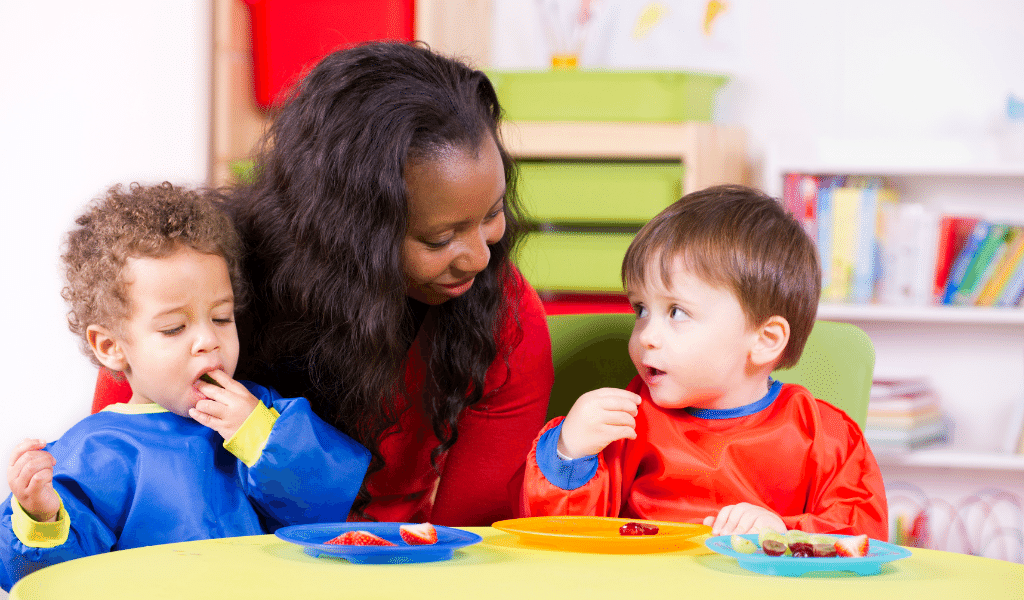Even the mention of the word ‘assessment’ can sometimes conjure up an unpleasant image of children being judged or measured and labelled as a result. There is often an (understandable) instinct in early years provision to reject this in favour of recognising that a child’s journey is unique to them, and as they move along this path, the joy of that development should not be compromised and sullied by over-zealous adults concerned that they might be ‘falling behind’ and are using these assessments to usher in harsh and inappropriate intervention policies to prevent this happening. Furthermore, the word can also imply that assessment – even with young children – consists of testing discrete aspects of knowledge that bear little or no relation to the child’s life and experience.
Yet while the nature and purpose of assessment can be manifestly misunderstood in this way, it is important to recognise that assessment forms a critical role in how we function and succeed in doing the work we do. More than ever, with the increasing understanding of the importance and impact of high-quality early years provision, we need to ensure that the concept of assessment is properly and expertly understood and used. And that far from detracting from the ‘essence’ of early years provision, it is an important way of protecting and supporting it.
To start with, we need to define assessment, not as measuring and judging children, but gathering information that enables us to understand them as learners. This starting point then helps us to consider the four questions that shape the idea of early years assessment.
As educators, we need to know the children that we work with well enough to know that we are doing the right things to support and develop their learning. So we need to know what excites them, how they respond to different scenarios, what triggers their enthusiasm and motivates them. Equally, we need to know their level of development and how they are skilled and equipped with the important aspects of the curriculum that they will need in order to be successful. So our ‘information gathering’ (assessment) is carefully considered to provide our own – very detailed – picture of the children we work with.

Despite historical insistence from various non-early years specialists, testing children (i.e. giving them pre-set questions with right or wrong answers) is a very unreliable way of trying to gather appropriate and meaningful (or useable) information. As educators, we watch, talk to, listen to, challenge and interact with children all the time. It is through this process that we truly find out about the children we work with, what they know, understand and can do. Especially (but not exclusively) in their self-led episodes of activity, we can directly see what has been learned, as it is then demonstrated in a real-life context.
Perhaps most importantly assessment has to have a purpose. Although assessment can be used to show the progress that children have made, its main purpose should never be this. Because assessments are constant, our ‘information gathering’ is relentless, then we are – and should be – using it constantly to help children progress. Sometimes this is in a moment of activity where a ‘possibility’ of something that can be taught presents itself, sometimes our observation tells us something about a child that we need to consider more carefully and return to – or provide – for as a future consideration.
There is often a misconception that an early years educator needs to record, document and film everything that a child does as evidence. This is not the case. Assessment is knowing the children you work with, through being with them, in order to know how to support their learning and development as effectively as possible. Most of this information comes from the daily interaction you have with them and so it is not necessary to record it. Furthermore, the act of recording often takes you away from that interaction which tragically makes it less effective. Educators need to record what they need in order to help them do their job, and that information is for them. Evidence is mostly what you know about the child and does not need to be written down.
Assessment is vital for effective approaches to supporting children. We need to make sure we understand it to be the process of knowing through collecting and using information.
If you missed Jan’s recent Kinderly Learn webinar, you can catch up with this and over 50 webinars by becoming a Kinderly Learn member.

Jan Dubiel is an internationally recognised specialist in early childhood education. Identified by the TES as one of the ten most influential people in British education, he is currently working in Honk Kong as Executive Principal of Harrow Little Lions Kindergartens and Early Years Centres. Formerly Jan led the management of the Early Years Foundation Stage Profile at the QCA, before becoming Head of National and International Development at Early Excellence. Jan’s book on “Effective Assessment in the EYFS” is now in its second edition.